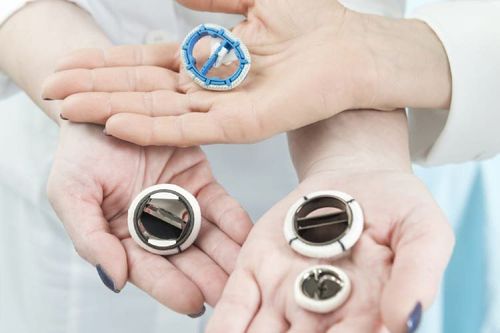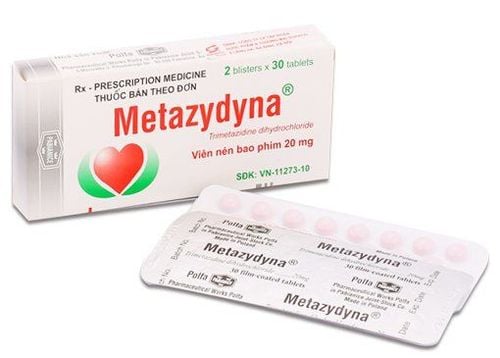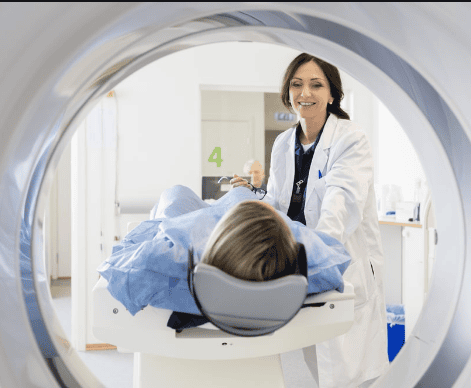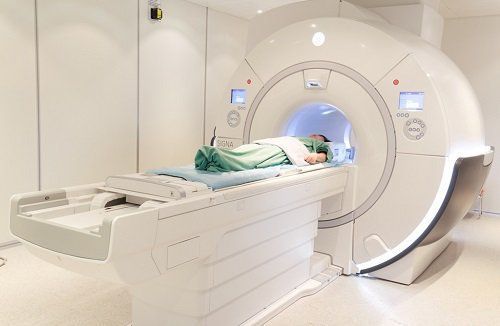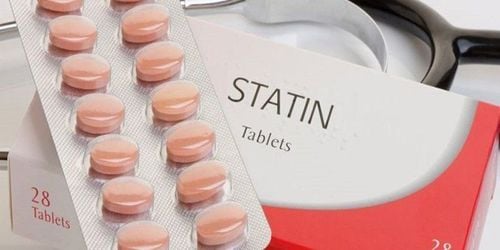This is an automatically translated article.
In some cases where the heart valves are damaged or due to birth defects that affect the pumping function of the heart, doctors can perform major surgery to replace the artificial heart valve. A "standard" artificial heart valve must meet all the factors: easy to install, durable, not coagulate on the valve, not cause hemolysis, have hemodynamic efficiency... Because of the above strict factors Therefore, after congenital heart surgery, patients still need to be examined regularly and take medication as prescribed by the doctor.
1. Purpose of examination after valve replacement surgery
After 3 - 4 weeks of prosthetic valve replacement surgery, the patient needs to see a doctor for a follow-up examination. The purpose of the follow-up visit is to:
Evaluate the function of the prosthetic heart valve Evaluate the effectiveness of anticoagulants Detect hemolysis Detect signs of infection Detect serious signs Other important: myocardial infarction, conduction disturbances Overall assessment of the patient's physical and mental health after wearing an artificial heart valve
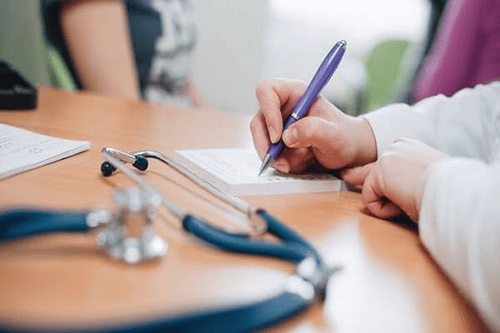
Sau phẫu thuật tim từ 3-4 tuần, bệnh nhân cần đến gặp bác sĩ để tái khám
2. What tests and assessments need to be done
After heart surgery, within the first 3 months after surgery, the patient should actively perform a number of important tests and assessments:
Electrocardiogram Measurement straight chest X-ray Cardiac Doppler ultrasound Evaluation of heart assessment of blood count, platelets Analysis of blood biochemical indicators: urea, sugar, creatinine determination, electrolytes, LDH enzyme test Assess blood coagulation status through prothrombin ratio, INR index. Of the above evaluations, Doppler echocardiography is the most important because it helps the physician to know the information of stenosis or regurgitation, aids in the assessment of comorbidities, size of the left atrium, left ventricle, pericardial status, etc. cardiac function, pulmonary artery pressure. In general, ultrasound is very important for patients because it allows to evaluate the effectiveness of surgery as well as prevent complications after cardiac surgery.
In addition, there are a number of other imaging evaluations that may be ordered depending on the case:
Cardiac magnetic resonance imaging (MRI) is useful in assessing valve function and left ventricular function, but only applies to patients with cardiac disease. special indication. Detecting valve operation under the light curtain is only effective in cases where it is replaced by a Bjork-Shiley valve. MRI or radionuclide angiography is indicated for patients with prosthetic valve dysfunction due to left ventricular systolic dysfunction and some parameters on conventional echocardiography. . Nuclear magnetic resonance imaging is considered to be quite safe for all types of artificial valves in circulation today.
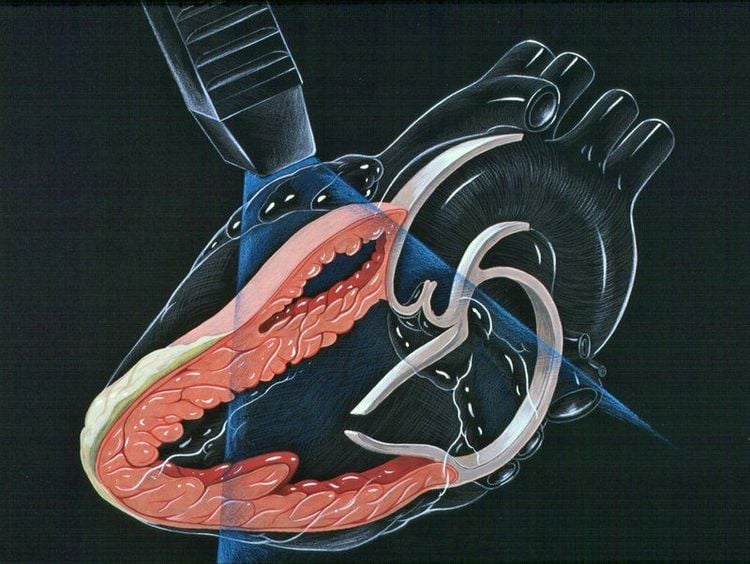
Sau phẫu thuật tim, trong vòng 3 tháng đầu sau mổ người bệnh nên chủ động thực hiện một số xét nghiệm, đánh giá quan trọng
3. Follow up patients without complications
For patients with prosthetic valve replacement who are clinically stable, the most important purpose of follow-up is to monitor the effectiveness of vitamin K antagonist anticoagulants. Physicians recommend that the INR test be performed at least once a month and repeated as soon as a clinical abnormality is observed or whenever the anticoagulant dose is changed.
In addition, the next purpose of the follow-up examination is also to guide and disseminate more knowledge to patients on how to maintain the prosthetic heart valve, for example: avoid infection of the prosthetic valve, especially prevent endocarditis infection .
4. Monitoring and handling complications after heart surgery
For patients with complications after heart surgery, the direction and treatment will be different depending on the case:
For patients with left ventricular systolic dysfunction, they should be treated with anti-heart failure medical therapy. Treatment must be continued even if left ventricular systolic function has improved. Any prosthetic valve patient who does not improve or shows signs of functional impairment following cardiac surgery should undergo a thorough clinical examination and complete evaluation tests (especially echocardiography, echocardiography, transesophageal echocardiography or cardiac catheterization, angiography) to determine the specific cause. In some severe cases, valve replacement surgery may be required. That is when the patient has: Severe dysfunction of the prosthetic valve, valve rupture, infective endocarditis, thrombus formation on the valve causing the prosthetic valve to jam, serious bleeding due to anticoagulation ( requires replacing mechanical valves with biological valves); aortic valve stenosis causes the condition to not improve after valve replacement, patients with persistent heart failure despite aggressive medical treatment, exploratory results show that the valve does not work hemodynamically (eg. : because the valve ring is too small). For cases of prosthetic valve replacement surgery at Vinmec International General Hospital, after heart surgery, patients should actively take care of their health carefully, follow the schedule of follow-up visits and perform tests and evaluations. periodically (at least twice a year) and notify the doctor if you experience any unusual problems.
Currently, the Cardiovascular Center of Vinmec International General Hospital is one of the leading centers with a team of experts of the Cardiology Center including professors, doctors, specialists 2, and masters. experience, great reputation in the field of medical treatment, surgery, interventional cardiac catheterization and application of advanced techniques in the diagnosis and treatment of cardiovascular diseases. In particular, the Center has modern equipment, on par with the most prestigious hospitals in the world. The Center has a comprehensive cooperation program with the Heart Institute - Bach Mai Hospital, the Cardiology Department of Hanoi Medical University, Paris Decartes University - Georges Pompidou Hospital (France), the University of Pennsylvania (USA). .
Please dial HOTLINE for more information or register for an appointment HERE. Download MyVinmec app to make appointments faster and to manage your bookings easily.




